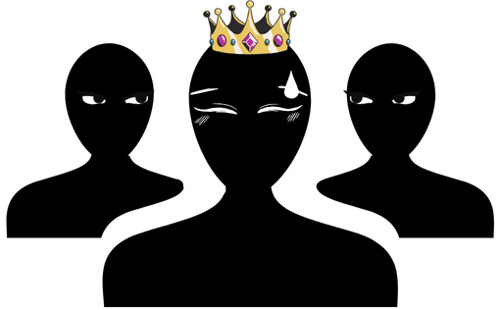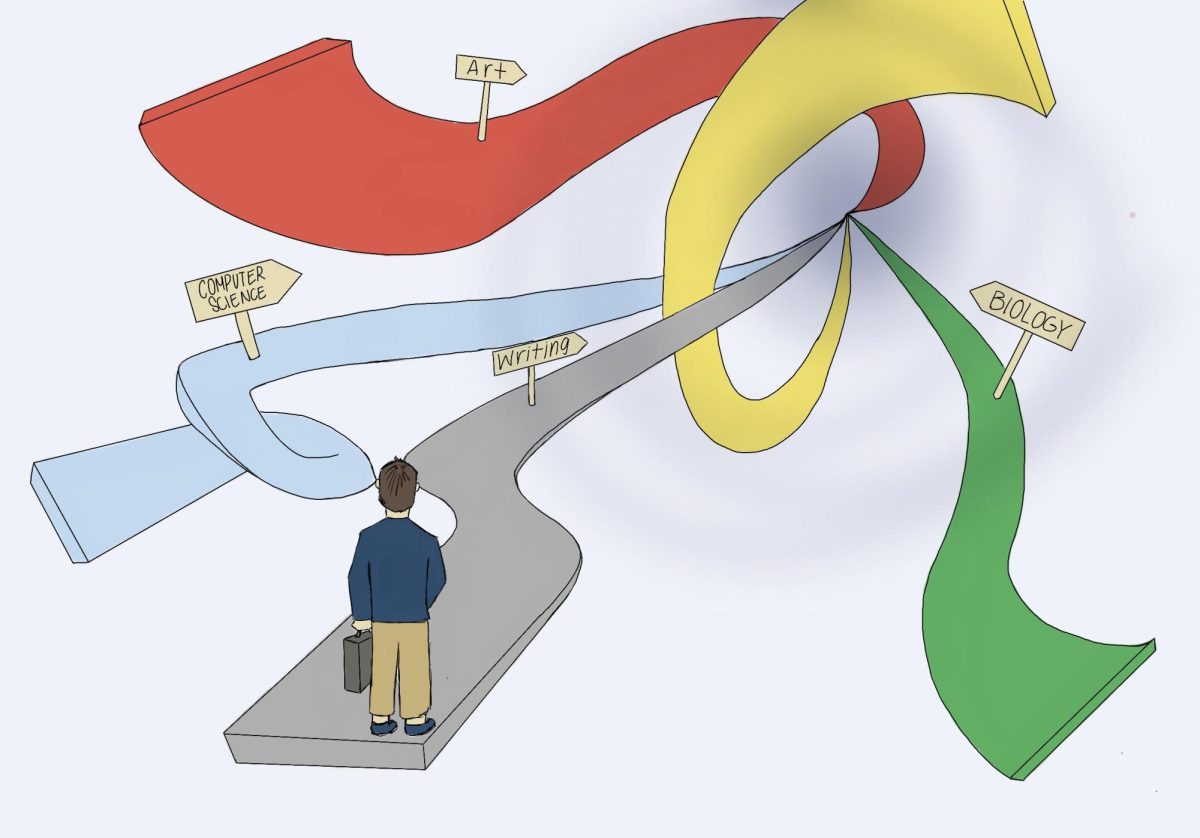
Pick me culture, an issue that has become the center of social media attention, has become an impact on the minds of Gen-Z and society as a whole. In 2022 and 2023, pick me culture was trending on social media. The trends included mocking pick-me behavior and pointing out others who were labeled as pick-me. As a society, we put immense amounts of importance on social media culture and the majority of trends come from social media. The personality traits described in the trend were common and many people found discomfort with the mockery being portrayed. At first, the trend was funny and everyone agreed that we all know someone like that. However, it soon developed into picking at people and pinpointing certain traits.
A phrase the majority of people have heard used daily, pick-me culture has taken over both the internet and society. I’ve heard this phrase being used to describe people, behaviors and actions. It’s often met with enthusiastic agreement or an uncomfortable nod by the individual who has fallen victim to this label.
A pick-me is traditionally described as a woman who’s obsessed with male validation and approval. This can be someone who wants attention, has romantic desires or wishes for approval from their surroundings. However, the term carries negative connotations and can become harmful to our view of others.
Pick-me culture has had an influence on society and the way we interact with people by creating false insecurities in someone’s head, and by giving someone’s personality a demeaning label, we’re only making people hyper-conscious of their public behavior. This often includes quickly judging someone’s character without knowing them and treating someone differently because you believe them to be a pick-me.
According to the “Meeting of Minds”, pick-me culture pits people against one another and makes women seem desperate. This idea is seen as a way for people to point out people’s insecurities by giving it a label. If we’re so quick to call someone a pick-me simply because our personalities don’t fit people’s idea of what is acceptable, then what does that say about our society? People have become quick to judge one another before even knowing what the person sitting in front of them is like.
“In the moment you don’t really care, but if it happens repeatedly it makes you kind of self conscious about your personality,” states Dougherty Valley sophomore Renisha Vibhute. Renisha spoke about how the phrase carries negative tones, and although someone typically doesn’t meant to make you feel bad, it comes off as that.
I’ve also fallen victim to using the phrase to describe others and at the moment I don’t think too much about it. Afterwards, I find myself thinking about how many people have probably called that person a pick-me and I think, “do they know people think this about them?” It becomes something wrong with the other person, rather than the issue being that you were quick to judge someone.
Then however, the question is posed, “What do you do if someone meets the requirement for being a pick me?” There are people who seek male validation, or attention from their peers. Their insecurities drive their personality. We shouldn’t be quick to judge people like that because they end up being the most self aware people. There are people who meet that definition, but attaching that label to them becomes detrimental. They know they’re seeking attention, that’s their goal. If their personality doesn’t work with you, then avoid them.
As a society, we’ve become so quick to judge other people that we don’t even realize we’re doing it. Everyone deals with their own insecurities, but the problem comes when someone’s personality and insecurities are deemed as a joke. Yes, some people may come off as attention-seeking, however if their personality doesn’t agree with yours then don’t talk to them. Picking apart someone’s personality can in turn make them more self-conscious and cause them to act more like a “pick-me.” Insecure people will always look for some way to gain validation, and by making people more insecure instead of understanding why they’re that way, people are validating their insecurities.






